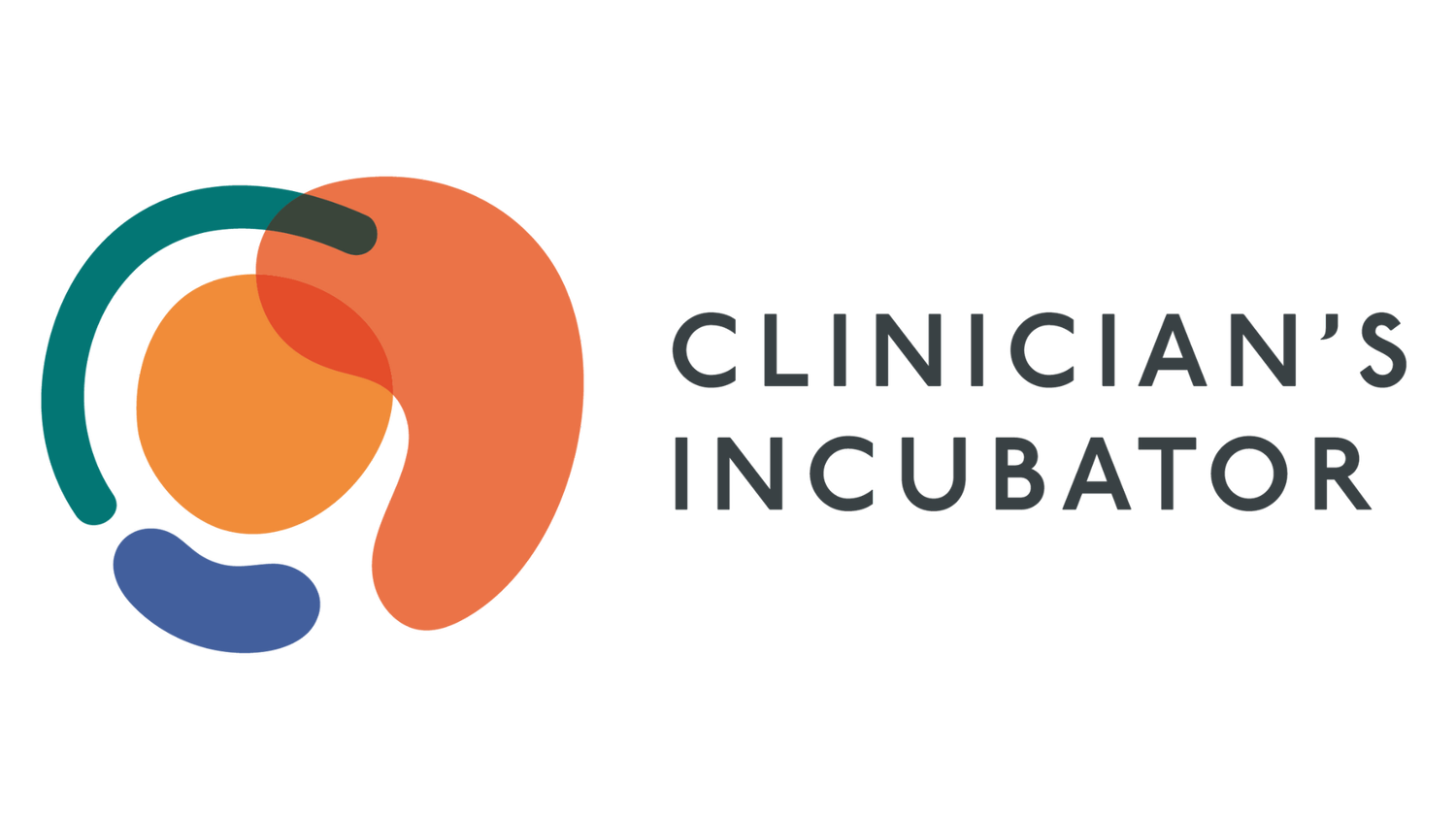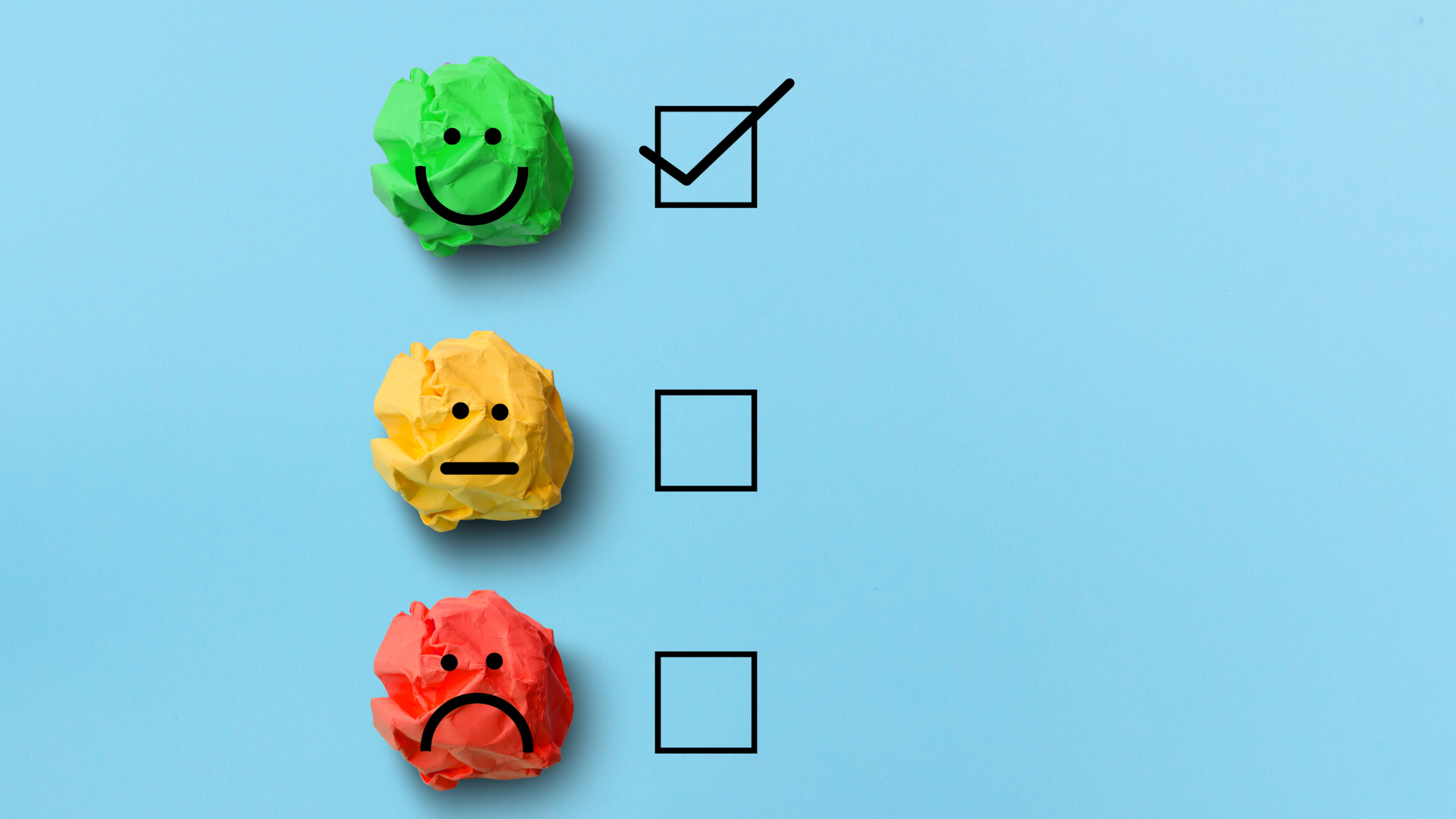When Chronic Illness Becomes a Clinical Strength: How Personal Diagnosis Shapes Exceptional Nutrition Providers
Many people who change careers to become nutrition professionals share a common origin story. Chronic illness entered the chat. Sometimes it was their own diagnosis. Sometimes it was their child, partner, parent, or someone else they love. Sometimes it was years of feeling dismissed by the medical system. Sometimes it was hitting rock bottom with symptoms that could not be explained by labwork alone.
For many of us, nutrition was not an academic interest at first. It was a lifeline.
What You Learned “Out There” Matters in Here: Real Clients Need More Than Biochemistry
When many of us first meet nutrition science, it feels so straightforward. You learn mechanism after mechanism, pathway after pathway, and you start to think, “I finally understand how to fix everything.” Fresh out of undergrad or early grad school, it is easy to believe that success as a clinician lives in data alone. Eat this way, take this nutrient, fix this root cause. Boom, done.
Then real clients walk in the door.
When Your Past Career Turns Into Your Clinical Superpower
One of the most painful phrases I hear from new CNS candidates is, “I feel like I am starting over.”
They look around at classmates who came straight from undergraduate nutrition programs, or at seasoned clinicians who seem to have everything figured out, and they assume they are behind. They talk about their previous careers like they are unrelated to the work they are doing now.
The Myth of the “Nontraditional Path”: Why Career Changers Make Exceptional CNSs
Have you ever thought about how much your former career shows up in the way you practice nutrition today? If you changed careers to become a CNS, you probably brought more with you than you realized. The skills you learned before nutrition did not disappear when you pivoted. They quietly took a seat next to biochemistry and functional lab testing and now inform the way you listen, think, communicate, plan, analyze, educate, support, and care for clients.
How Standardized Clients Remove the Guesswork
One of the most exhausting parts of CNS training for many candidates is the quiet assumption that you should already know how to do everything.
Training at different schools varies widely, and not every program teaches the same clinical skills, workflows, or expectations. Some candidates learn documentation well but never get clear guidance on intake structure. Others understand lab theory but were never taught how to translate it into a client-facing plan. Plenty of people graduate with strong content knowledge and still feel unsure about what to do next in a real session.
That gap creates a lot of unnecessary stress as they try to figure out what to do next.
You’re Studying for the Exam Earlier Than You Think
Most CNS candidates assume that test prep is something that happens only in the months before the BCNS exam, when you finally sit down with textbooks, outlines, flashcards, and practice questions. Studying feels like a distinct season, separate from clinical work, and often accompanied by a fair amount of pressure and anxiety.
That assumption is understandable. It’s also not right, at least not with the way we structure our test prep.
Some of the most effective exam preparation happens much earlier, not through memorization, but through how you learn clinically from the very beginning.
Building a Clinical Toolbox Without Waiting Years
One of the most common worries we hear from early CNS candidates is some version of this:
“I feel awkward in sessions. I’m not sure I’m doing this right.” That worry often gets interpreted as a skills or a knowledge problem. In reality, it’s usually an exposure problem, as in, you haven’t had enough exposure to feel solid.
Clinical confidence is built less by memorizing information and more by answering an internal question over and over again: “I’ve seen something like this before. I know where to start.”
That sense of orientation comes from having a clinical toolbox, a set of clinical protocols, client education materials, and important information at your fingertips. This is why we’re made detailed suggestions on how to build your clinical toolbox with every standardized client you see.
The Part of CNS Training No One Explains Clearly
Did you know that the process of getting your CNS includes more than accumulating hours and passing the board exam? It also includes formal competencies that must be demonstrated and documented over time.
Many candidates are unaware of this until later in the process. As a result, capable and conscientious candidates often spend months doing solid clinical work without realizing there are specific skills and behaviors that they should be targeting. When those expectations finally come into focus, the disconnect can feel unsettling. People start to wonder whether they are behind or missing something important, even when they have been showing up consistently and doing the work.
Things I’ve Learned by Watching CNS Candidates: Stop Relying Exclusively on Education
Today’s lesson is simple but hard: I want you to stop relying so much on education.
Before you gasp, hear me out. Education has its place. Of course it does. It’s the backbone of what we do as nutrition professionals. We teach people about physiology, food, and the ways their choices affect their health. But education is only one part of the work, and far too often, it becomes the default when clinicians feel uncertain or anxious.
When we don’t know what else to say, we start teaching.
Things I’ve Learned by Watching CNS Candidates: Watching the Client’s Body Language
Today’s lesson is simple but hard: I want you to stop relying so much on education.
Before you gasp, hear me out. Education has its place. Of course it does. It’s the backbone of what we do as nutrition professionals. We teach people about physiology, food, and the ways their choices affect their health. But education is only one part of the work, and far too often, it becomes the default when clinicians feel uncertain or anxious.
When we don’t know what else to say, we start teaching.
Things I’ve Learned by Watching CNS Candidates: You Don’t Need to Know Everything
I’ve been spending a lot of time lately watching CNS candidates conduct sessions with clients, observing how they navigate real-life conversations, clinical uncertainty, and the art of holding space. This new series, Things I’ve Learned by Watching CNS Candidates, shares some of the biggest insights I’ve gathered from that process—what I’ve noticed, what I’ve learned, and what I hope helps you as you grow into your unique way of doing things.
One of the most common moments I see in supervision happens right after a client asks a question the candidate wasn’t expecting.
You can almost see it on their face—their brain goes into overdrive, rifling through everything they’ve ever learned about that topic. Their pulse quickens, their voice speeds up, and suddenly, we’re off on a ten-minute monologue about cell transport or enzyme cofactors or the Krebs cycle.
It’s a totally understandable instinct. When you’re new, uncertainty feels scary. You want to prove that you belong in the clinician’s chair, that you’ve earned your credentials, that you have something valuable to offer.
But here’s the truth: you don’t need to know everything.
Things I’ve Learned by Watching CNS Candidates: Finding Space in Session
Over the years, I’ve had the privilege of observing hundreds of Signature Supervision sessions—watching CNS candidates grow, stretch, and slowly come into their own as clinicians. These sessions are a gold mine of insight into what it really takes to become confident and effective in clinical practice.
Today, we’re starting with one universal truth: every single candidate who records a session says they were nervous.
Harvesting Your Wins: Taking Stock of Progress This Year
As we move into the final months of the year, it’s natural to take stock. For many CNS candidates, though, that reflection starts in the same place: with what you haven’t done.
“I still don’t have my 1,000 hours finished.”
“I haven’t touched my case study draft.”
“I didn’t get as many hours this week as I planned.”
I hear it constantly in supervision. Candidates begin by naming what’s missing, what’s behind, what still feels out of reach. It’s as if our default mode is scanning for the gaps.
But here’s the thing: what you notice shapes how you feel. If you only ever notice the unfinished, you’ll feel unfinished. If you only ever name the deficits, you’ll start to believe you are one. And that is not the truth.
Don’t Ghost Your Exam Prep: Staying on Track in October
October is the month when exam prep can start to feel a little haunted. Back in September, the December CNS exam still seemed comfortably far away. You told yourself, I’ll start fresh after Labor Day. Now pumpkins are out on porches, your calendar is filling with holiday commitments, and suddenly the exam is less than two months away.
This is the season when many candidates “ghost” their study plans. Life gets busy, confidence dips, or the sheer volume of material feels overwhelming. One week of skipped review turns into two, and before you know it, you’re avoiding your study materials like they’re a haunted house.
But here’s the good news: October is actually the perfect month to recommit to your prep. There’s still plenty of time to pace yourself without cramming, and making small, intentional choices now can save you from a truly terrifying November.
Scary Stories from Supervision (and What They Teach Us)
It’s October, which means pumpkins on porches, cobweb decorations in the office, and scary stories told around the fire. But at Clinician’s Incubator, we know the scariest stories don’t involve haunted houses or headless horsemen. They come from supervision.
Every clinician-in-training has their share of “oh no” moments — the ones that make your stomach drop, your face flush, and your inner critic scream. The good news? They’re rarely the end of the world, and they almost always teach you something that makes you a stronger clinician
When You’re Burned Out as a CNS Candidate: What to Do Next
Let’s be real: the path to becoming a Certified Nutrition Specialist isn’t short.
It starts with graduate coursework—often layered on top of jobs, family responsibilities, or career changes. Then there’s the board exam, supervised practice, documentation, and the not-so-small task of figuring out how to build a sustainable career in a field that’s both incredibly meaningful and can be emotionally demanding.
And somewhere along the way, even the most dedicated people hit a wall.
If you’re feeling emotionally fried, intellectually drained, or like the passion that brought you here is flickering out, you’re not alone. Burnout happens—it’s a completely normal response to a long, complex, often isolating process. So let’s talk about what to do when it hits, and how to keep moving forward without pushing yourself past the edge.
You Did the Work—Now Track the Hours: How to Actually Get Your CNS Hours Into the Tracker
If there’s one thing we hear over and over again from CNS candidates, it’s this: “I’m doing my hours… I’m just not logging them.”
And we get it. You’re seeing clients, writing protocols, joining case reviews, studying for the exam—there’s a lot happening. But no matter how many hours you complete, if they’re not in the tracker, they don’t count.
In fact, the biggest issue we see with candidates nearing the end of their supervised practice isn’t the hours—it’s the documentation. So if logging your time feels like the hardest part of this process, you’re not alone. Here are a few tried-and-true strategies to help you finally get your hours into the CNS tracker and keep them there
Top 8 Resources Every CNS Candidate Should Know About
Top 10 Resources Every CNS Candidate Should Know About
Whether you’re just getting started with your CNS journey or are deep in supervised practice, the right resources can make all the difference. From study guides to supervision support, these tools can help you stay organized, confident, and on track to becoming a Certified Nutrition Specialist. Here are 10 must-know resources every CNS candidate should have in their back pocket
When the Full FODMAP Protocol Is Too Much: A Grand Rounds Case on IBS-D
When I brought Christine’s case to Grand Rounds, I wasn’t presenting a finished protocol—I was asking for help.
If you’re new to the Clinician’s Incubator community, Grand Rounds is one of our core learning experiences. Everyone in the program is welcome, and we offer sessions throughout the month. Some focus on specific themes like lab interpretation or behavior change, while others—like this one—are open-ended.
In each session, a supervisor or CNS candidate presents a case where they’re feeling stuck, need feedback, or want help planning next steps. Then, as a group, we work through it—sharing ideas, clinical reasoning, and practical strategies in real time.
That day, I shared Christine’s story. She’s a 52-year-old woman with IBS-D, a long history of chronic dieting, and significant early life trauma. Her nervous system was already working overtime, and she told me clearly: “I can’t do the full low FODMAP diet. It’s too much.”
What I Wish I Knew as a CNS Candidate
When I graduated from my CNS program, I was armed with clinical knowledge, PubMed alerts, and a head full of biochemical pathways. What I didn’t have was a map for what it would actually be like to sit in the chair across from real human clients—or how to run a practice in a way that didn’t lead to burnout.
In the years since, I’ve learned a lot. Not just about the science (which, of course, is ongoing), but about how to build a practice that works for me—and works for my clients. If you’re just starting out, or even if you’re a few years in, I hope these hard-won lessons help you skip a few bumps in the road.




















